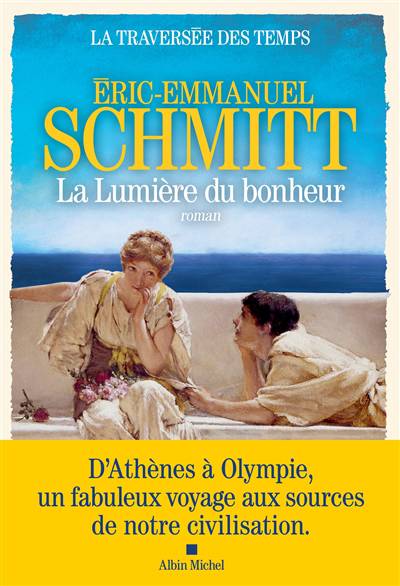
- Retrait gratuit dans votre magasin Club
- 7.000.000 titres dans notre catalogue
- Payer en toute sécurité
- Toujours un magasin près de chez vous
- Retrait gratuit dans votre magasin Club
- 7.000.000 titres dans notre catalogue
- Payer en toute sécurité
- Toujours un magasin près de chez vous
Morality and Social Class in Eighteenth-Century French Literature and Painting
Warren RobertsDescription
The moralistic tendencies that culminated in the Republic of Virtue can be traced in literature back to the late seventeenth century. In the 1690s two separate and antithetical moralities began to take shape, one erotic and libertine, the other highly moralistic. Both represented a revolt against the formalism of the seventeenth century. The roman érotique was rooted in a hedonistic philosophy whose objective was to enlarge the scope of freedom, translated in sexual terms, while the moralistic literature, also influenced by philosophical hedonism, was sentimental, romantic, and defended the Christian idea of love and marriage.
Roberts discards some of the common presuppositions of historical and literary criticism, for example, that the literature of sensibility was the reaction of the bourgeoisie against the degenerate aristocracy, and that the libertine literature was created by and accurately portrayed the aristocracy. Such explanations have never been supported by valid evidence. Roberts shows that the bourgeoisie, even when most critical of the aristocracy, was emulating the aristocratic way of life, and that the aristocracy, even at its most degenerate, was susceptible to the moral influences revealed in contemporary art.
'Once the dikes of traditional morality broke, ' Roberts explains, 'two responses took place. First, authors reacted against the severity of the seventeenth century, which led to a literature of libertinism and eventually of pornography. Secondly, an attempt was made to retain the loftiness of seventeenth-century morality, but to place that morality on new foundations, the result being sentimentalism, and later, classicism.' And out of this dialectical process came a third, dualistic current of literature and art combining hedonism, and sometimes perversity and pornography, with a condemnation of the social order, a call for moral regeneration, and a utopian vision of the future.
This is a highly original study of social morality in pre-Revolutionary French and of its reflection in literature and art.
Spécifications
Parties prenantes
- Auteur(s) :
- Editeur:
Contenu
- Nombre de pages :
- 240
- Langue:
- Anglais
- Collection :
Caractéristiques
- EAN:
- 9781487581312
- Date de parution :
- 15-12-74
- Format:
- Livre broché
- Format numérique:
- Trade paperback (VS)
- Dimensions :
- 156 mm x 234 mm
- Poids :
- 376 g







